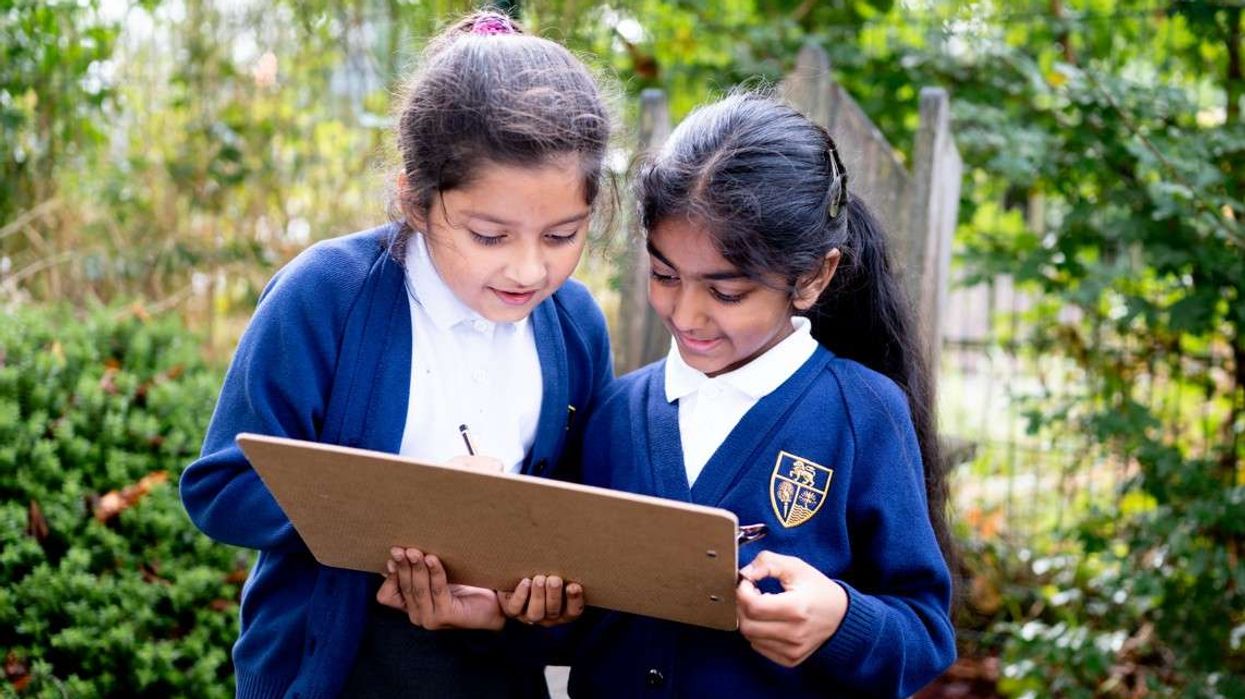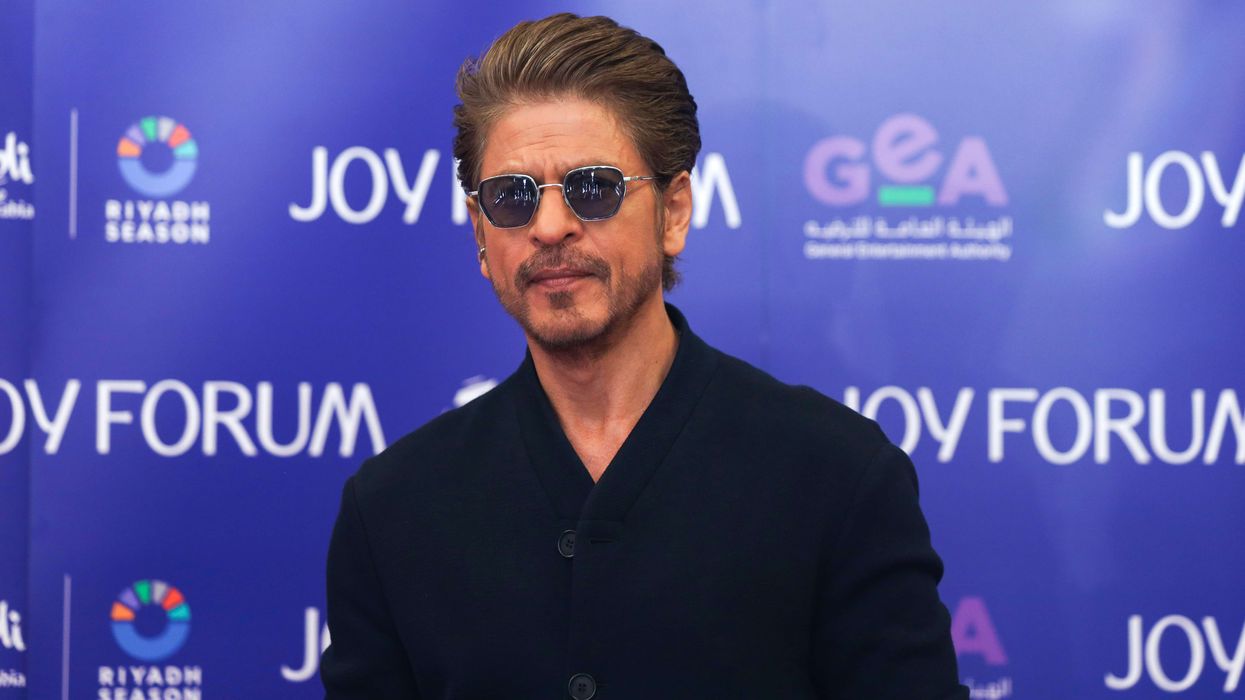MORE efforts are needed to create an inclusive environment for the UK’s Gujarat community, it was argued during a parliamentary debate last week.
Labour’s Gareth Thomas and Conservative MP Bob Blackman took part in a parliamentary debate in Westminster Hall last Wednesday (30) to celebrate the contribution of the British Gujarati community.
Labour MP Thomas has called for more direct flights to Gujarat from Heathrow, as well as additional help to easily obtain visas for family members from the Indian state who hoped to visit the UK during the Navratri and Diwali festivals.
According to Thomas, figures suggested more than 60,000 applications for visas from Indians attempting to travel to the UK were being turned down.
“Given the size of the Gujarati community, I suspect that many of those – the vast bulk of them – are from people hoping to visit relatives here,” the Harrow West representative said.
Glasgow Central MP Alison Thewliss agreed that ministers needed to consider direct flights to Gujarat, as well as assistance with visa applications. Visa are a “huge issue” in her Glasgow constituency, Thewliss said, with many of her constituents struggling to get visitor
visas, spousal visas or visas to stay if they have come to study. “It is a huge issue, and I urge the Minister to look in more detail at the impact that has on community relations and on the way Britain is perceived in the world,” she said.
Thomas added that he hoped for more trade missions to Gujarat, so that the UK could take advantage of substantial business links with the state.
“Gujarat is the economic powerhouse of India, and we should not be frightened of turning to the talents of British Gujaratis to unlock further business opportunities for our country in Gujarat,” he said.
Conservative MP Blackman also noted there is a “severe” shortage of data to measure the size of the ethnic group and the contribution they make.
Blackman, who has previously proposed that Diwali and Eid become recognised as national holidays in the UK, requested that data be compiled in the future, so “that we can measure what the Gujarati community provide”.
“It is important that we recognise their contribution,” the Harrow East MP said.
It is estimated almost half of the Indian community who now live in the UK are
from Gujarat.
Labour MP Naz Shah explained that her Bradford West constituency had a small minority Gujarati community, predominantly of Muslim heritage.
“There are lots of inspirational stories about the community from across the country, and it is no different in Bradford West,” Shah said. “The community makes up almost half the Indian community by size; it is diverse in religious belief, but united by language, heritage and history.”
Fellow Labour MP Roberta Blackman Woods added it was “hugely important” to recognise the contribution that the Gujarati community has made to the UK in all manners of life, including cultural, social and economic. “Although the community is diverse and vibrant, with many different traditions and faith backgrounds, including Hindus, Muslims and
Jains, they have brought great diversity to our own culture in the realms of music,
festivals, dance, cuisine, dress and architecture,” the Durham representative said.
Stressing the contribution by a number of prominent Gujarati families in the UK, Thomas highlighted the Solanki family which runs the Asian Media Group, publishers of Eastern Eye and Garavi Gujarat.












